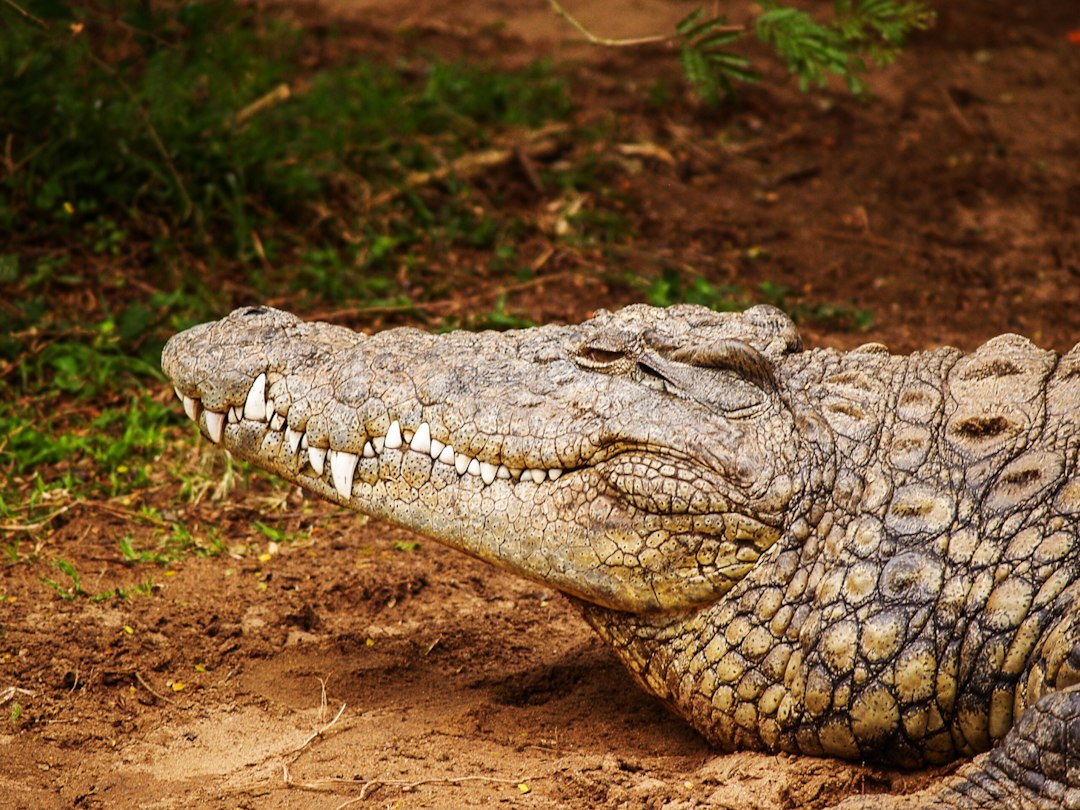The Role of Animals in Therapy for Mental Health
Humans have an inherent connection to animals – their presence has the power to bring comfort, joy, and healing. In recent years, therapy involving animals has gained prominence as an effective tool for improving mental health. From dogs to horses and even dolphins, animals have shown remarkable potential in aiding individuals struggling with various psychological disorders. In this blog post, we will explore the valuable role animals play in therapy for mental health.
One of the most well-known forms of animal-assisted therapy is with dogs. Known as canine therapy, it has been proven to reduce anxiety, depression, and loneliness. Dogs are beloved for their unconditional love, loyalty, and ability to intuitively understand human emotions. Interacting with a therapy dog can increase oxytocin levels, which results in reduced stress and increased feelings of contentment.
Individuals with Post-Traumatic Stress Disorder (PTSD) also benefit greatly from working with specially trained therapy dogs. These dogs can help create a sense of safety and security, leading to a reduction in hyper-vigilance and anxiety symptoms. By providing emotional support and a calming presence, therapy dogs can assist in the healing process and help individuals regain trust in themselves and others.
Moving beyond dogs, horses are another incredible animal utilized in mental health therapy. Equine-assisted therapy, also known as horse therapy, has gained recognition for its ability to assist individuals with a wide range of psychological and emotional challenges. The presence of horses lends itself to fostering personal growth, improving self-esteem, and enhancing communication skills.
Working with horses offers a unique experience as they are incredibly perceptive creatures that respond to nonverbal cues. This can help individuals struggling with social anxiety or communication disorders develop vital interpersonal skills by learning how to effectively interact with horses. Additionally, horses reflect our emotions, providing immediate feedback and allowing individuals to become more self-aware, leading to improved emotional regulation and self-control.
For children and adults with Autism Spectrum Disorder (ASD), animal-assisted therapy plays a crucial role in their mental well-being. Animal interactions have been shown to improve social interactions, empathy, and emotion regulation in individuals with ASD. The non-judgmental nature of animals allows for a safe environment where individuals can practice social skills without fear of negative consequences.
Furthermore, therapy involving animals extends beyond traditional land-based treatments. Dolphin-assisted therapy (DAT) has gained recognition for its potential benefits in individuals with various mental health conditions. Dolphins’ playful and gentle nature can create a nurturing and positive environment, fostering communication and social interaction.
DAT has shown particular promise in children with developmental delays, as it enhances cognitive and motor skills while improving attention span and memory. The interaction with these majestic marine animals can be transformative, igniting joy and curiosity that many individuals may have lost due to their mental health struggles.
It is important to note that animal-assisted therapy is a complementary approach, not a substitute for traditional mental health treatments. However, it can significantly enhance the overall well-being of individuals undergoing therapy. The presence of animals can make therapy more approachable and enjoyable, as individuals often feel a sense of ease and connection when engaging with animals.
Moreover, animals have a calming effect on the human nervous system, leading to physiological changes that positively impact mental health. The act of petting an animal has been shown to reduce heart rate, blood pressure, and anxiety levels. These physiological changes can help individuals feel more relaxed and at ease, facilitating the therapeutic process.
In conclusion, animals play a vital role in therapy for mental health. From dogs to horses and dolphins, animals have unique characteristics and abilities that can aid in healing individuals struggling with various psychological disorders. Whether it is reducing anxiety, improving social skills, or enhancing communication, animals have proven to be powerful partners in the therapeutic journey. As we continue to explore the profound connection between humans and animals, animal-assisted therapy will undoubtedly play an increasingly crucial role in mental health treatment.

